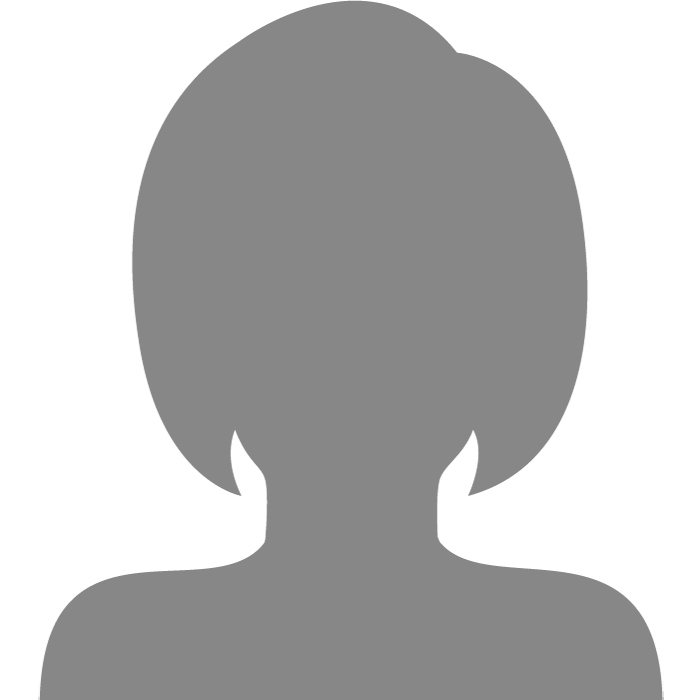| Topic: Sartre's bad faith | |
|---|---|
|
Jean-Paul Sartre, the French existentialist philosopher, famously argued that human beings are always and everywhere radically free. However, our freedom comes at a price: we experience anguish and uncertainty to the extent that we are aware that we are absolutely responsible for the choices that we make.
The term "bad faith" - mauvaise foi - refers to the strategies that we employ in order to deny the freedom that is inevitably ours. Normally this means taking on the guies of an inert object so that we can appear to ourselves as thing-like. In this way, we are able to deny that we are responsible for the choices that we make, thereby freeing us from the uncertainty of freedom. For example, confronted by a difficult moral decision, we might tell ourselves that we are compleed to act in a certain way because it is required by our job, or by conventional morality, or by the responsibility we have to our family. The reality, however, is that we can never escape our freedom, nor our awarenes of it, since it is built into the very structure of consiousness. The paradox of bad faith is that we are simultaneously aware not aware that we are free. If we have another drink or a slice of cake, can we say that we were just following orders? |
|
|
|
|
|
I'll take that slice of cake if anyone has one

|
|
|
|
|
|
A penny for the Old Guy
I We are the hollow men We are the stuffed men Leaning together Headpiece filled with straw. Alas! Our dried voices, when We whisper together Are quiet and meaningless As wind in dry grass Or rats' feet over broken glass In our dry cellar Shape without form, shade without colour, Paralysed force, gesture without motion; Those who have crossed With direct eyes, to 's other Kingdom Remember us - if at all - not as lost Violent souls, but only As the hollow men The stuffed men. II Eyes I dare not meet in dreams In 's dream kingdom These do not appear: There, the eyes are Sunlight on a broken column There, is a tree swinging And voices are In the wind's singing More distant and more solemn Than a fading star. Let me be no nearer In 's dream kingdom Let me also wear Such deliberate disguises Rat's coat, crowskin, crossed staves In a field Behaving as the wind behaves No nearer - Not that final meeting In the twilight kingdom III This is the land This is cactus land Here the stone images Are raised, here they receive The supplication of a man's hand Under the twinkle of a fading star. Is it like this In 's other kingdom Waking alone At the hour when we are Trembling with tenderness Lips that would kiss Form prayers to broken stone. IV The eyes are not here There are no eyes here In this valley of dying stars In this hollow valley This broken jaw of our lost kingdoms In this last of meeting places We grope together And avoid speech Gathered on this beach of the tumid river Sightless, unless The eyes reappear As the perpetual star Multifoliate rose Of 's twilight kingdom The hope only Of empty men. V Here we go round the ly pear Prickly pear ly pear Here we go round the ly pear At five o'clock in the morning. Between the idea And the reality Between the motion And the act Falls the Shadow For Thine is the Kingdom Between the conception And the creation Between the emotion And the response Falls the Shadow Life is very long Between the desire And the spasm Between the potency And the existence Between the essence And the descent Falls the Shadow For Thine is the Kingdom For Thine is Life is For Thine is the This is the way the world ends This is the way the world ends This is the way the world ends Not with a bang but a whimper. |
|
|
|
|
|
Jean-Paul Sartre, the French existentialist philosopher, famously argued that human beings are always and everywhere radically free. However, our freedom comes at a price: we experience anguish and uncertainty to the extent that we are aware that we are absolutely responsible for the choices that we make.
Where do these philosophers get off making such wild assertions to begin with. Like the assertion Sartre makes here that we are always and everywhere radically free. Free in what way? Consider this: If you are hungry and have no money. What choices do you have? You can either beg for food, try to forage for food, steal food, or choose to go hungry. In fact, you might suggest that you have the further choice of actually working to pay for the food. Assuming there is employment available to be had. But what if you didn't want to choose any of those? What if what you'd really like to choose is to not have to eat at all? That would be your choice if you were truly freeto choose. You'd just choose to not be dependent on food and then you wouldn't be bothered by the whole onslaught of mandatory choices required to constantly obtain food. Do we truly have the freedom to choose to just not be dependent on food at all? If not, then how can we say that we are free to choose anything? You can give me a myriad of choices of how I might obtain food, but if my true choice is to not be bothered with having to find food in the first place, then do I truly have any choice at all? Any of the lesser choices I might choose to obtain food have already been forced onto me by my biological need to eat. I have no choice in the matter. Even to choose to starve to death would not be my choice, because my choice would be to not require food in the first place. The choice I would like to choose if I were truly free to choose is simply not an option. So I'm stuck with having to select from a bunch of choices that I'd rather not make. I have no choice at all really. That's what I would say to Sartre. |
|
|
|
|
|
He must not have been a believer in pre-determinism. I might be free to make the choices in my life, but I do not think I am free to choose the consequences of those choices (therefore, I am probably not totally free)...(If pre-determinism does exist, though ---> then all my choices have already been made for me and I am only a puppet in a play; free from worry and guilt anyway).
|
|
|
|
|









